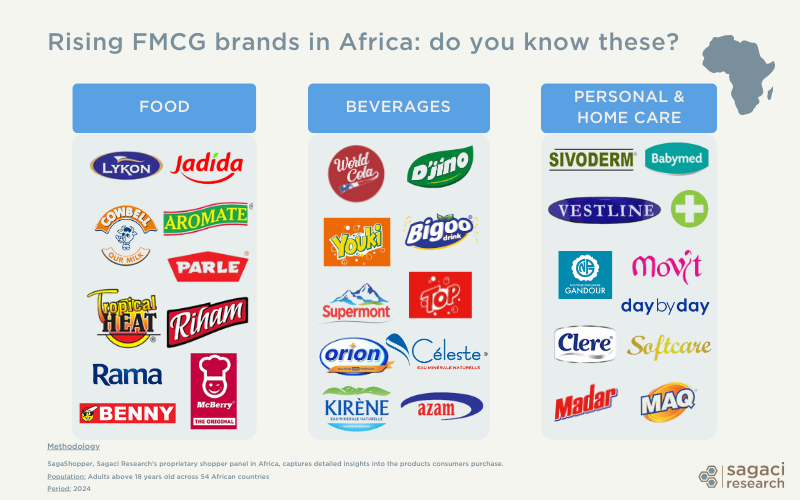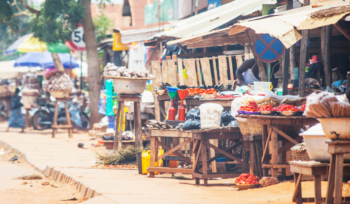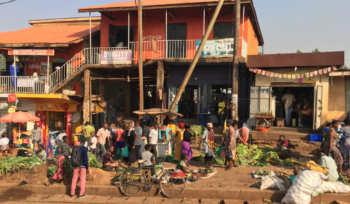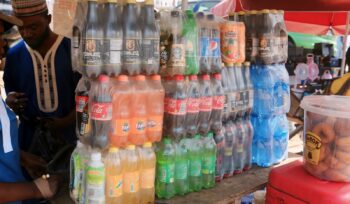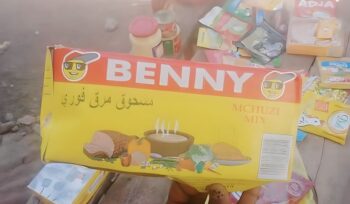- 07/01/2025
- Posted by: Jocelin Mondlane
- Categories: Articles, Beauty & Personal Care, Biscuits, Bouillon, Confectionery, Consumer Goods / FMCG, Dairy, Household Care, Non-alcoholic beverages, SagaShopper
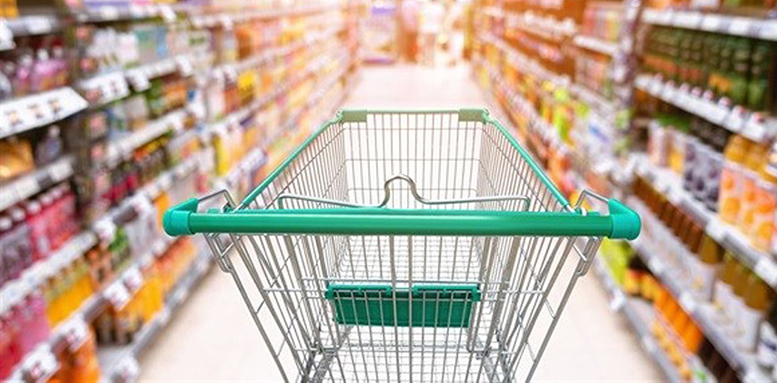
Most admired brands are often in the spotlight, but what do consumers actually buy?
In a market where global giants frequently dominate, many of the top FMCG brands in Africa tend to be underrated, but surprisingly popular. These local brands are meeting local needs and preferences. They are carving out a niche across key consumer categories like personal care, food and beverages, and household products. Insights from our online panel in Africa highlight these unassuming yet impactful brands that are gaining traction with African consumers.
Let’s take a closer look at some of the emerging brands in Africa making an impact. These insights are revealed through product scans from members of our pan-African consumer panel, SagaPoll.
Beverages: local alternatives to global names
Beyond industry leaders Coca-Cola and Pepsi, local beverage brands are emerging as appealing alternatives for African consumers. Notably, several regional carbonated soft drink brands rank among the most popular choices of consumers. Among them, we find African brands Top, Youki, Bigoo, D’jino and World Cola. Most of them are present across multiple markets. For example Top (by Castel) is available in Cameroon (by Les Boissons du Cameroun), in Gabon (by Sobraga), Congo DRC (by Bracongo) or the Republic of Congo (by Bralico). D’jino (also by Castel) is found in Côte d’Ivoire (by Solibra), Gabon or Cameroon, where it was recently recognized as the country’s most popular soft drink brand. Youki also ranked among the best soda brands in Africa in 2023.

Similarly, some African water brands stand out for their strong presence in their respective markets. Examples include Supermont by Source du Pays in Cameroon where shopper insights reveal it as the top FMCG product in the country, leading in consumer purchase frequency.
Another example is Celeste by Carré d’Or in Côte d’Ivoire. In a strategic move to solidify its position in the beverage market, the Ivorian agro-industrial group Carré d’Or recently acquired Castel Group’s water bottling business in Côte d’Ivoire. The group is investing over €100 million in a cutting-edge bottling facility to expand its Céleste mineral water brand, showcasing its commitment to growth and innovation. This highlights the rise of local and regional companies as key competitors to international brands.
Popular food brands in Africa
In the food sector, the Tunisian brand Jadida, produced by Med Oil, a subsidiary of Poulina Group Holding, has gained significant popularity. As Tunisia’s largest private group, it has expanded its reach across several African markets. Consumers in countries like Angola, Cameroon, Niger, Gabon, and Senegal appreciate its diverse range of products, including margarine, cooking oils, mayonnaise, and sauces.
Snack brands such as Riham Biscuits (by Hariss International from Uganda), Lykon (by Noble Group from Angola), and Parle (by Parle Products from India) are other lesser-known names that frequently appear in consumers’ baskets across the continent.
In the herbs and spice category, Aromate (by Sipro-Chim from Côte d’Ivoire) and Tropical Heat from Kenya enjoy strong popularity in West and East Africa, respectively. Meanwhile, dairy brand Cowbell (by Promasidor), established in Nigeria in the early ’90s, has grown into a prominent regional brand. It is widely available across countries like Ghana, Benin, the DRC, and Angola.
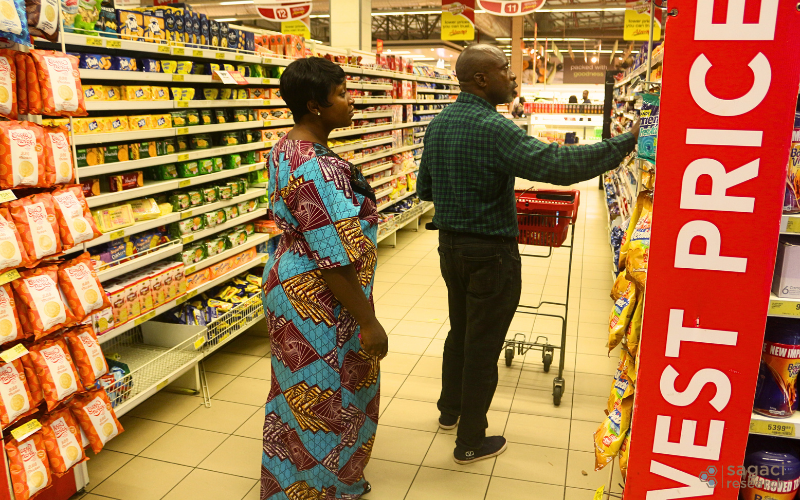
Personal care and beauty: addressing everyday needs
In the personal care sector, Côte d’Ivoire stands out as a hub for prominent brands such as Babymed, Day by Day by Dream Cosmetics, Gandour and Sivoderm by Sivop. Babymed has extended its reach across multiple countries, from Senegal to Mozambique. Day by Day offers skincare and beauty solutions for diverse needs, while Gandour remains a trusted name in West Africa, with sub-brands like Princess, Baby Boy, and BO-16. Beyond Côte d’Ivoire, brands like Softcare from China, Vestline from Tanzania and Movit from Uganda have also carved out their niches.
Clere, a South African personal care brand founded in 1961, is popular in its home market, neighboring Mozambique and Zimbabwe, and beyond. Known for its high-quality body lotions, crèmes, and glycerine, Clere is among the top 20 beauty and personal care brands in Africa, based on its presence in 35 countries, according to recent research. In 2023, Clere further strengthened its position by expanding its offerings to target younger consumers, staying relevant with evolving beauty trends while continuing to provide effective skincare solutions.
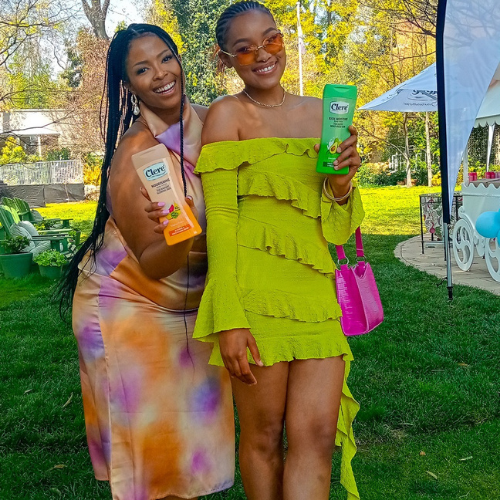
Local home care brands challenge multinationals in Africa
While multinational companies like Unilever, Reckitt Benckiser, SC Johnson & Son, and Procter & Gamble dominate Africa’s home care market, brands like Maq (South Africa) and Madar (UAE) are gaining attention. Madar, for example, has earned recognition for its quality in markets like Senegal, where it was voted the top detergent brand.
Smaller local and regional home and laundry care brands are challenging multinationals by leveraging local market knowledge, offering innovation, and expanding across Africa. This has driven continued growth in home care sales, despite inflation, as these products remain essential for household hygiene.
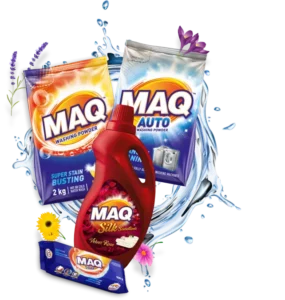
Why smaller local brands are thriving in Africa’s consumer market
Smaller local brands in Africa are thriving because they understand local preferences, offering products that cater to cultural tastes and everyday needs. They tend to be more affordable and accessible, appealing to a larger portion of the population. Local brands are also more agile, responding quickly to market trends and shifts in consumer behaviour. Many focus on local production, reducing costs and improving availability. Additionally, local brands benefit from strong community ties and a deep understanding of regional markets, fostering trust and loyalty among consumers. These are some of the reasons they are able to effectively compete with global giants.
Explore the top FMCG brands in Africa: from global giants to local leaders
Sagaci Research offers businesses in-depth category and brand insights into the African market. Our data, gathered through a continent-wide online panel, covers brand presence, consumer preferences, and behaviours. We provide reliable insights on global and local brands to help businesses navigate Africa’s market and drive growth.
Contact us on contact@sagaciresearch.com or click below to learn how we can support your understanding of African consumer trends.
Methodology
This list of FMCG brands in Africa comes from SagaShopper, Sagaci Research‘s proprietary shopper panel in Africa. It captures detailed insights into the products African consumers purchase.
Population: Adults above 18 years old across 54 African countries
Period: 2024
Images sources: Clere, Bliss Brands



